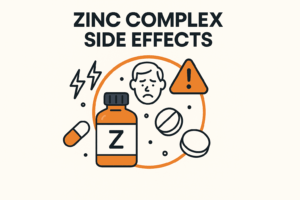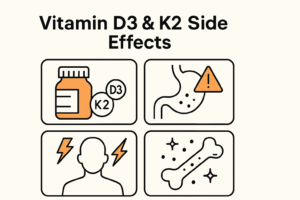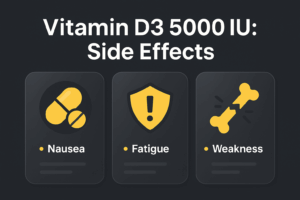AMP-activated protein kinase or AMPK is an enzyme that plays an important role in cellular energy homeostasis, largely to activate glucose and fatty acid uptake and oxidation when cellular energy is low.
Studies have found that AMPK also plays a role in the body’s response to some viral infections. This may help explain why the most at-risk groups are the obese and the elderly, as AMPK activity declines with obesity and age.
Virus Replication

Lipid metabolism plays an important role in the way many viruses replicate after an infection. The category of pathogens known as RNA viruses have the ability to use mechanisms of lipid biosynthesis to reproduce within the host’s body.
Activation of AMPK is known to switch cells from an anabolic state to a catabolic state. This includes regulating lipid metabolism. When AMPK is activated, glucose uptake and fatty acid oxidation is increased, while lipid biosynthesis is inhibited.
AMPK inactivates acetyl CoA carboxylase (ACC), a rate-limiting enzyme in fatty acid synthesis. ACC catalyzes the conversion of acetyl-CoA to malonyl-CoA, the substrate for fatty acid sythesis. Malonyl-CoA also restricts the activity of carnitine palmitoyltransferase, an essential factor for the transport of fatty acids to the mitochondria for oxidation. Thus, malonyl-CoA both promotes fatty acid synthesis and restricts fatty acid oxidation. Conversely, by inhibiting production of malonyl-CoA, AMPK both inhibits fatty acid synthesis and promotes fatty acid oxidation.
This potentially limits the ability of viruses to use mechanisms of lipid metabolism for their replication.
Immune Response
Another feature of AMPK is its ability to regulate autophagy.
Autophagy is a catabolic process by which the body is able to clear out damaged cells in order to regenerate new, healthy cells. Autophagy plays an important role in immune response through destruction of pathogens and bolstering resistance to infections.
Autophagy is inhibited by mTORC1. AMPK activity results in decreased mTORC1. Therefore, AMPK activation is associated with an increase in autophagy.

Given the role that autophagy plays in the immune system, this demonstrates another mechanism by which AMPK could interfere with viral infection.
RVFV – Rift Valley Fever Virus
AMPK’s ability to inhibit fatty acid synthesis was found to restrict infection of Rift Valley Fever Virus (RVFV), a pathogen for which there are no effective vaccines or therapeutics. RVFV is a RNA virus which relies on internal cellular membranes for replication; AMPK is a potent inhibitor of fatty acid synthesis required for these membranes.
Researchers found that cells with impaired AMPK activity were more vulnerable to infection and increased spread of infection, while stimulating AMPK activity significantly reduced RVFV infection.
“AMPK is potently antiviral against RVFV, and this restriction is dependent on the upstream activator LKB1. Furthermore, pharmacological activation of AMPK inhibited viral infection.3“
Researchers also tested the ability of AMPK to restrict other RNA viruses, which replicate in a similar way. The results showed that “AMPK has antiviral activity against multiple arboviruses from disparate families including: the Flavivirus Kunjin virus, the Togavirus Sindbis virus, and the Rhabdovirus Vesicular stomatitis virus...
Taken together, our data suggest that AMPK activation is broadly anti-viral, and may provide a novel antiviral therapeutic target.3“
References:
1. Konan, K. V., & Sanchez-Felipe, L. (2014). Lipids and RNA virus replication. Current opinion in virology, 9, 45–52. https://doi.org/10.1016/j.coviro.2014.09.005
2. Levine, B., Mizushima, N., & Virgin, H. W. (2011). Autophagy in immunity and inflammation. Nature, 469(7330), 323–335. https://doi.org/10.1038/nature09782
3. Moser, T. S., Schieffer, D., & Cherry, S. (2012). AMP-activated kinase restricts Rift Valley fever virus infection by inhibiting fatty acid synthesis. PLoS pathogens, 8(4), e1002661. https://doi.org/10.1371/journal.ppat.1002661




